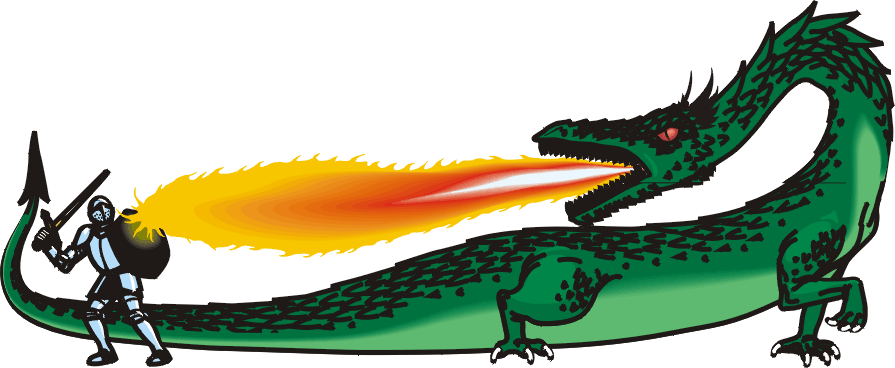Legends and Heroes
Storytelling in the Virtual Nation

Legends and Heroes
Storytelling in the Virtual Nation

Every society has its heroes and its legends. Ethnography and sociology studies the myths and legends of other cultures to better understand what is important to members of that society. These stories and their protagonists provide a common context for members of the society, perpetuated by the community because the story represents something important about the society itself. Howard (1997) argues that the nature of Internet communications creates new legends by combining disparate sources from many areas. However, it is clear from the large number of virus hoaxes and hacker legends that the stories and heroes of the Virtual Nation are more than a simple combination of existing mythologies.
![]() Virtual Legends
Virtual Legends
"...myths are, irrespective of theoretical perspective, commonly seen as providing knowledge of essential ontological elements that are accessible through allegories and metaphor..."
Myths and legends are important tools for understanding different societies. The legends of the Virtual Nation differ from other society legends only in the speed and accuracy with which these legends are spread. The replication of hoax virus warnings and their immunizers can be considered a type of urban legend (Chattoe, 1998) in which the "monster" virus represents a virtual bogie man. Examples of hoaxes and cyber legends (Rosenberger, Emery) include the following:
Subcultures on the Internet also have their own legends. The hacker community has a number of interesting legends such as the Magic/More Magic Switch. In this legend, a hacker creates a switch that is connected to nothing yet will crash a computer if flipped from the More Magic position to the Magic position.
![]()